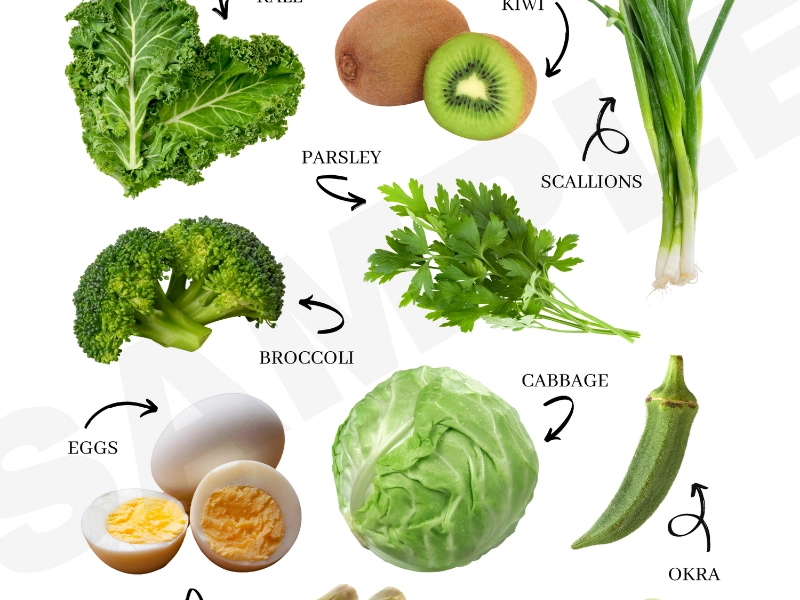One of the most crucial vitamins for brain health is vitamin E, which protects cell membranes from oxidative damage. It is a necessary nutrient for cognitive processes, particularly in older people. Epidemiological research indicates that increased vitamin E intake is associated with better human cognitive function. Its potential to slow down the onset of Alzheimer's disease and to improve the cognitive loss that comes with ageing have also been investigated.

 As an antioxidant, vitamin E binds to reactive oxygen species to stop protein oxidation. Additionally, it has been discovered to lessen the brain's expression of genes that cause inflammation. Vitamin E supplements can mitigate the consequences of mild fluid percussion injury on synaptic plasticity and cognitive function, according to animal tests. Additionally, it makes oxidative stress in the rat hippocampal normal.
According to MMSE, HDS, and radioimmunoassay scores, vitamin E users performed better cognitively than non-users in research involving 276 senior citizens. In addition, vitamin E showed a noteworthy impact when combined with vitamin C.
In another study, 166 MCI patients who were not receiving any medication treatments were monitored for eight years. Low levels of tocopherols and tocotrienols in plasma were measured, and they were linked to the development of AD. Additionally, compared to those without the genetic mutation, those with the APOE e4 gene showed higher rates of deterioration in cognitive function.
As an antioxidant, vitamin E binds to reactive oxygen species to stop protein oxidation. Additionally, it has been discovered to lessen the brain's expression of genes that cause inflammation. Vitamin E supplements can mitigate the consequences of mild fluid percussion injury on synaptic plasticity and cognitive function, according to animal tests. Additionally, it makes oxidative stress in the rat hippocampal normal.
According to MMSE, HDS, and radioimmunoassay scores, vitamin E users performed better cognitively than non-users in research involving 276 senior citizens. In addition, vitamin E showed a noteworthy impact when combined with vitamin C.
In another study, 166 MCI patients who were not receiving any medication treatments were monitored for eight years. Low levels of tocopherols and tocotrienols in plasma were measured, and they were linked to the development of AD. Additionally, compared to those without the genetic mutation, those with the APOE e4 gene showed higher rates of deterioration in cognitive function.
 The flexibility of the human brain allows it to adjust to changes in its surroundings and enhance cognitive function. The formation of new brain connections—which are moulded by experience and learning—allows for neuroplasticity. It also enables the brain to react to illnesses and injuries.
During the early stages of development, vitamin E is necessary for the establishment of these new brain connections. It is essential to neurulation, the process by which the neural plate folds into the rods and cavitates that, in vertebrates, create the neural tube. Furthermore, it's essential for the growth and development of neural cells.
Studies have demonstrated that vitamin E lowers the pace of hippocampus atrophy in Alzheimer's patients and inhibits oxidative damage to neurons caused by b-amyloid. Additionally, it prevents tau phosphorylation generated by Ab, which impairs memory. Morris et al. discovered that individuals who consume more antioxidants, such as vitamin E, experience a delayed deterioration in their functional abilities in contrast to those who do not.
The flexibility of the human brain allows it to adjust to changes in its surroundings and enhance cognitive function. The formation of new brain connections—which are moulded by experience and learning—allows for neuroplasticity. It also enables the brain to react to illnesses and injuries.
During the early stages of development, vitamin E is necessary for the establishment of these new brain connections. It is essential to neurulation, the process by which the neural plate folds into the rods and cavitates that, in vertebrates, create the neural tube. Furthermore, it's essential for the growth and development of neural cells.
Studies have demonstrated that vitamin E lowers the pace of hippocampus atrophy in Alzheimer's patients and inhibits oxidative damage to neurons caused by b-amyloid. Additionally, it prevents tau phosphorylation generated by Ab, which impairs memory. Morris et al. discovered that individuals who consume more antioxidants, such as vitamin E, experience a delayed deterioration in their functional abilities in contrast to those who do not.
 Strong antioxidant vitamin E shields cells from harm brought on by free radicals. It stops and reverses oxidative stress in the brain, which can cause neurodegeneration and cognitive loss. Higher plasma levels of vitamin E are linked to better cognitive function and a lower risk of Alzheimer's disease (AD) among older people who do not yet have dementia, according to several clinical trials.
In an eight-year period, 34,671 healthy US women 65 years of age and older who took part in the Women's Health Study were randomly assigned to a double-blind, placebo-controlled trial. The study found that the women who reported regularly taking multivitamin preparations containing vitamin E and/or C outperformed the non-users on three different cognitive assessments. When comparing the vitamin E users to the placebo group, they also showed reduced rates of significant decrease. Additionally, vitamin E intake was linked to slower degeneration in the entorhinal cortex and hippocampal regions, according to MRI brain scans.
Strong antioxidant vitamin E shields cells from harm brought on by free radicals. It stops and reverses oxidative stress in the brain, which can cause neurodegeneration and cognitive loss. Higher plasma levels of vitamin E are linked to better cognitive function and a lower risk of Alzheimer's disease (AD) among older people who do not yet have dementia, according to several clinical trials.
In an eight-year period, 34,671 healthy US women 65 years of age and older who took part in the Women's Health Study were randomly assigned to a double-blind, placebo-controlled trial. The study found that the women who reported regularly taking multivitamin preparations containing vitamin E and/or C outperformed the non-users on three different cognitive assessments. When comparing the vitamin E users to the placebo group, they also showed reduced rates of significant decrease. Additionally, vitamin E intake was linked to slower degeneration in the entorhinal cortex and hippocampal regions, according to MRI brain scans.